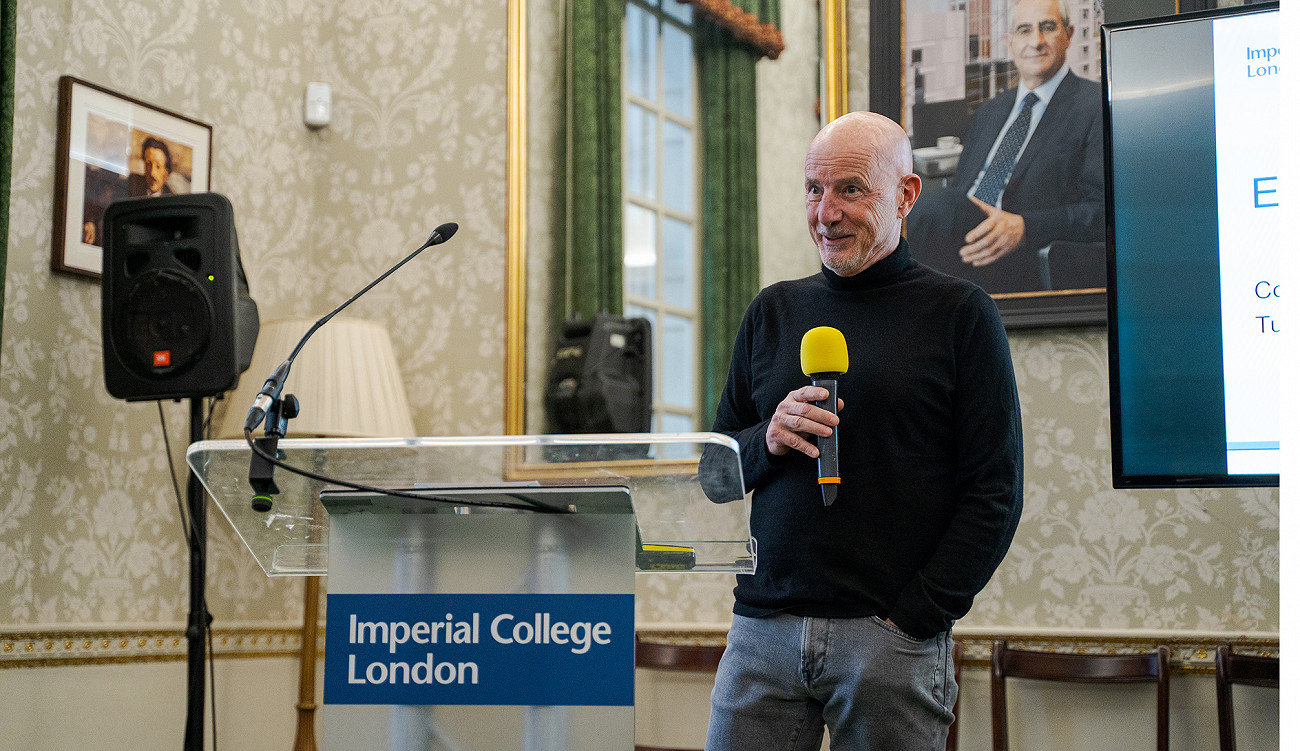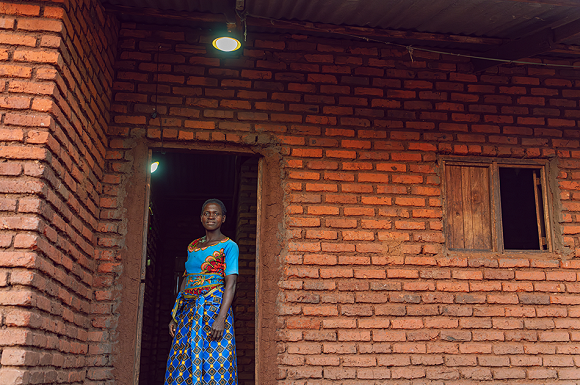09/02/2024
Sprint Challenge in review: 6 months later

Last year, the Turner Kirk Trust launched the Sprint Challenge in partnership with Imperial College London to fund research to find innovative ways to tackle conservation challenges.
As part of the Sprint Challenge, researchers from Imperial's Centre for Environmental Policy, Department of Life Sciences, and Department of Mathematics were invited to submit short research proposals that used applied mathematics in creative ways to tackle problems in conservation.
The three successful projects that were funded by the Sprint Challenge have now reached completion, with the research teams presenting the results of their research in December 2023 at a showcase event. At the event, the three research teams shared their personal learnings from the experience as well as signposted pathways for further research into how mathematics could be used in innovative, left-field, and unexpected ways to tackle intractable conservation challenges.
When the Sprint Challenge first launched, researchers from across Imperial were invited to pitch their ideas at an in-person event. Teams of cross-disciplinary academics were encouraged to come up with an original 6-month research project that they might find difficult to secure funding for elsewhere. The proposals were limited to just 2 pages to keep the research team's administration and time investment to an absolute minimum.
The idea behind the Sprint Challenge was simple: To encourage cross-disciplinary researchers to explore high-potential research ideas quickly and without fear of failure. One of the Turner Kirk Trust's underlying philanthropic principles is to support research and charitable activity that incentivises recipients to experiment, with the potential for making dramatic, unforeseen breakthroughs.
At the heart of this particular principle is the Trust's belief in the philosophy of 'Permission to Fail' – or giving the Trust's partners breathing space and flexibility to pilot and explore new ideas without the fear of failure. In fact, failure is actively encouraged because it provides partners with an opportunity to learn what does not work -- and, ultimately, gets us closer to finding something that does work.
Outcome of the Sprint projects

